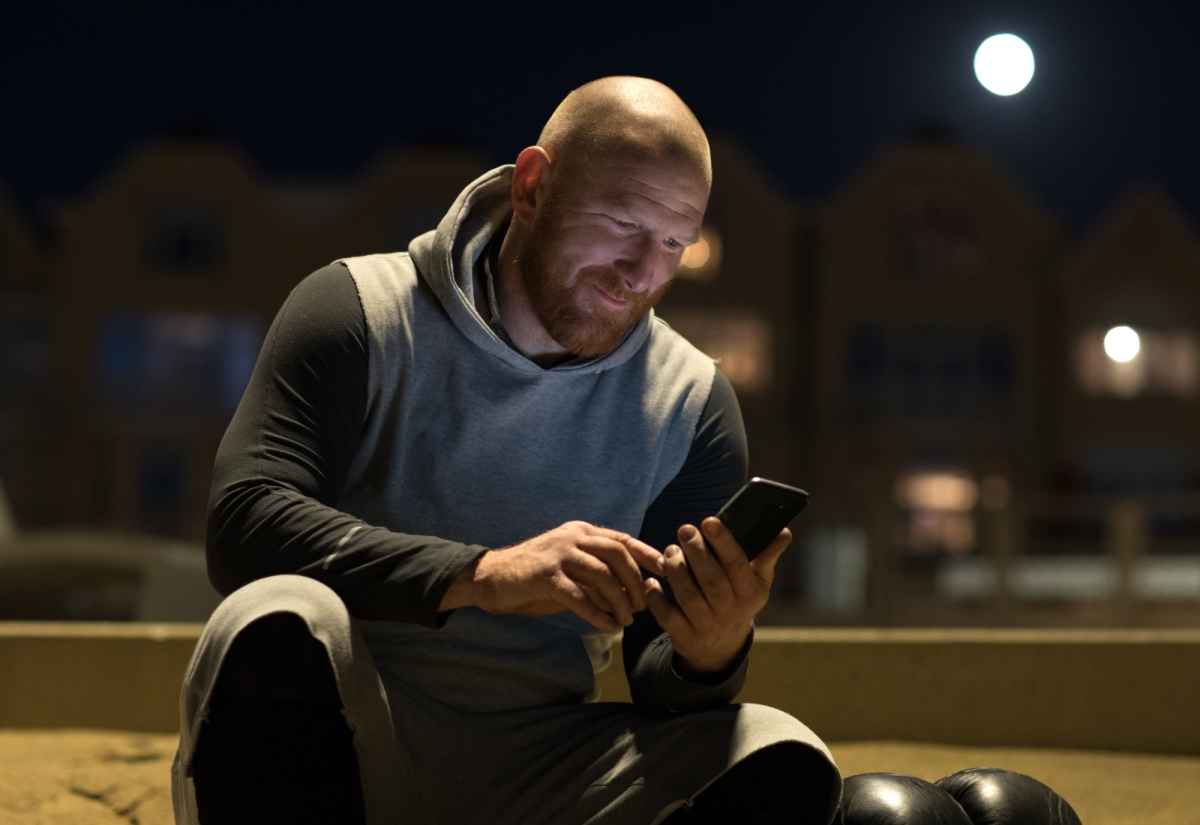Devices of doom or tech saviours?

Devices of doom or tech saviours?
Devices and screens provide an effective mechanism to distract us from life as we hurtle rapidly towards death.
Dramatic opening sentence but sadly realistic and a multiple billion dollar industry hell-bent on driving it and stealing time and lives.
Todays tech companies compete seriously for way to capture our attention for longer...something they are expert at and they're just warming up as artificial intelligence and augmented reality hit mainstream.
Companies that capture the most time, win the most revenue or value and reward the richest people on the planet for investing in them.
This scenario is creating a 'brain drain race', where companies win, and ultimately, users lose.
As we get sucked into the vortex of the online world, we're spending more time, wasting it more accurately, for the sole purpose of being distracted...from the day-to-day boredom of living.
The companies gaining the greatest profits are typically distracting more people from living life fully.
What place for wellbeing?
So how does a wellbeing company today combat the impact of technology, while using it at the same time.
That's the challenge the team at Wellteam have been grappling with since 2020.
Ultimately when it comes to wellbeing, the options to improve personal wellbeing seem endless...if you have the time. There's over 80,000 self improvement books published in the US alone. That's a lot of researching.
When it comes to specialist practitioners, the options are vast too; sleep specialists, positive psychologists, exercise physiologists, general practitioners, personal trainers, relationship counsellors, life coaches, meditation guru's, mindfulness experts, nutritionalists, dieticians, hypnotherapists, chakra guides, mung-bean peelers and everyone's favourite...your neighbour who just lost 5 kilograms on the anchovy and marmalade diet.
Now any one of these people could help one or maybe more components of your life...but they're bound to "stay in their lane" (a term often used when a practitioner wants to protect their patch).
If you want to seriously lose weight, you should go see a sleep therapist first, then an exercise physiologist, then a dietitian and in between see your doctor who may need to write a referral letter first...but only if you've got an established medical condition...which is hard to determine in the 7 minute consult you have with them.
While the industry of health and wellbeing is segregated into 'lane ways or specialisations'...humans are not. We are whole, not separated into systems based on university degrees.
We're all different, experiencing different things at different times. Our needs change with the seasons and when it comes to health and wellbeing the team at Wellteam believe there's a natural order to get things done.
Where technology can add value.
Technology is great at gathering and filtering information. We should harness it to identify areas of need and then help sort through solutions. Those 80,000 self help books have probably 800 words in each worth reading and the rest is padding to justify the cost of the book.
So which 800 words in which book do you start with?
That's what the team at Wellteam have done. They've built a tool (Wellteam Scorecard) to enable individuals to explore their current experience across a breadth of wellbeing topics.

The Wellteam Scorecard balances current states and associated actions and uses an internationally renowned Life Satisfaction Survey for global comparison. It produces a personal report so the user can visually see their performance across 6 core themes and 23 individual wellbeing modules.
Data from the Wellteam Scorecard tool is then mapped across a database of over 80 separate mind and body hacks (short, practical activities or exercises - about 800 words each).
A complex algorithm (named NEO, as a 'nod' to The Matrix) then uses both sets of data to build a program for the individual and assembles it in the precise order to enable a compounding effect to occur. Wellteam call their process Micro-Habit CompoundingTM.
All that comes together instantly to ensure an individual has a personalised program of activities giving them the best chance of optimising their wellbeing.
But...a program is one thing, taking action is another.
Technology can help there too.
There's often little benefit perceived daily from small, healthy habits. It's the longer term impact that can have serious benefits and improve or prolong lives. A concept they refer to as Lead (short term actions) and Lag (longer term outcomes) Indicators
Because each small daily habit has a compounding effect, it's important to incentivise daily action and provide short-term, immediate feedback.
To incentive short term habits Wellteam built the Wellteam Global Challlenge.

This global competition enables members to record daily actions via the website. As they record actions they earn points toward Wellteam Merchandise and other prizes and compete across the globe, in their workplaces or with a group of friends or family members.
On top of that that tech can bring together communities of people from across the globe with a special interest in using mind and body hacks to optimise their lives. Again, this is a place where Wellteam see the role of technology to enable that engagement.

Ultimately technology is a great tool for narrowing down options, personalising programs, sequencing them to maximise gains and providing an engaging mechanism to maintain behaviours and grow communities.
Technology can sit above 'lane-way' ego's and enable instant, timely, personalised solutions that can accelerate people into improved wellbeing across the breadth of wellbeing topics...when they need it.
This has to be the way of the future where tech enables wellbeing, rather than distracts us from it. That's the revolution Wellteam are driving.
Check out Wellteam, the smartest, fastest, most efficient way to achieve optimal wellbeing. Do the scorecard tool, get your report and start a custom program with a 14 day free trial.
Comments
Related Articles
Oct 15, 2025 | 5 min
What is Life Satisfaction and why is knowing it important?
Aug 07, 2025 | 2 min
Clarity beats grunt
Nov 19, 2024 | 5 min